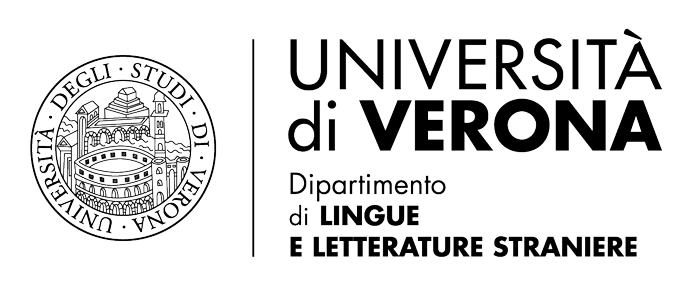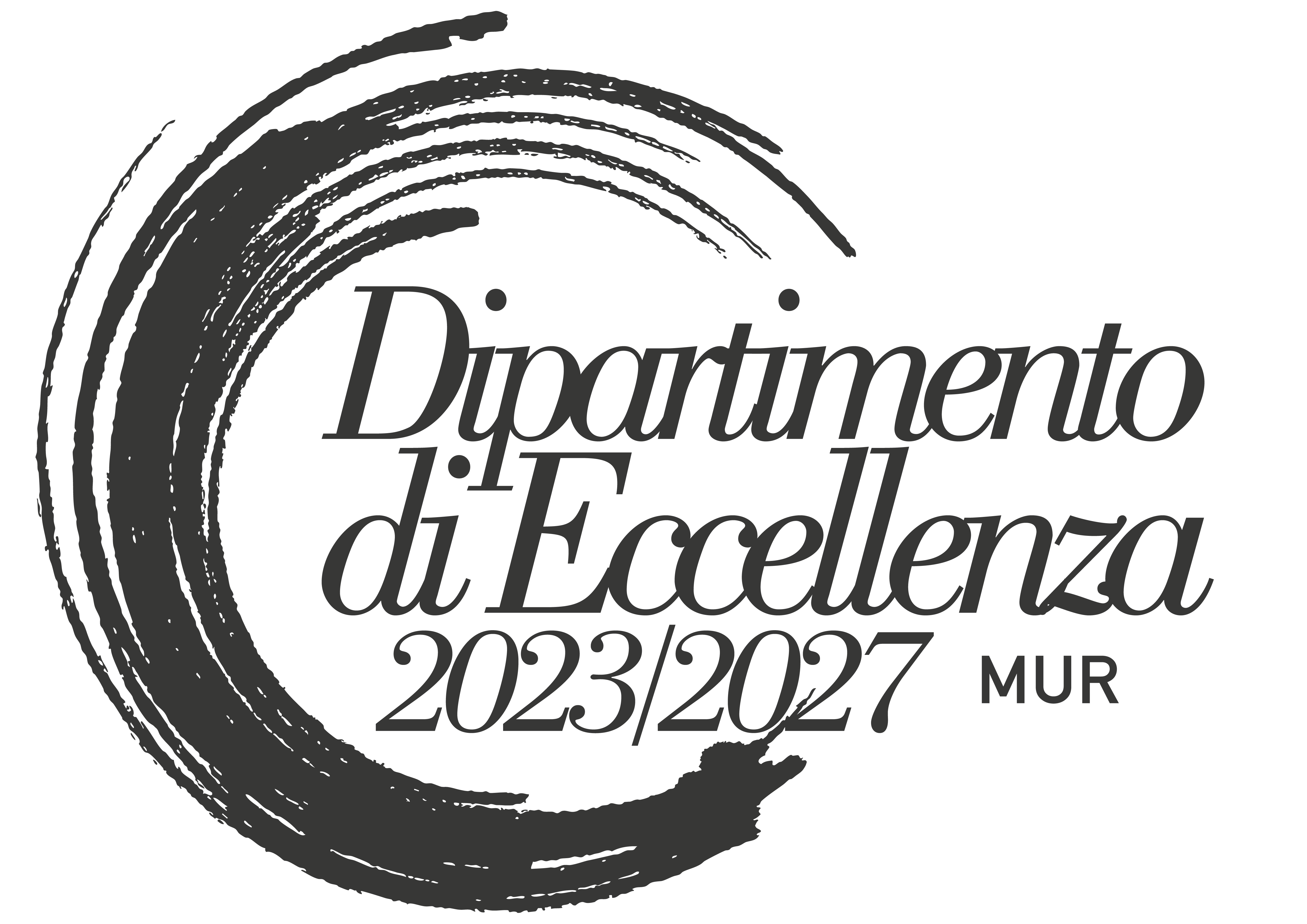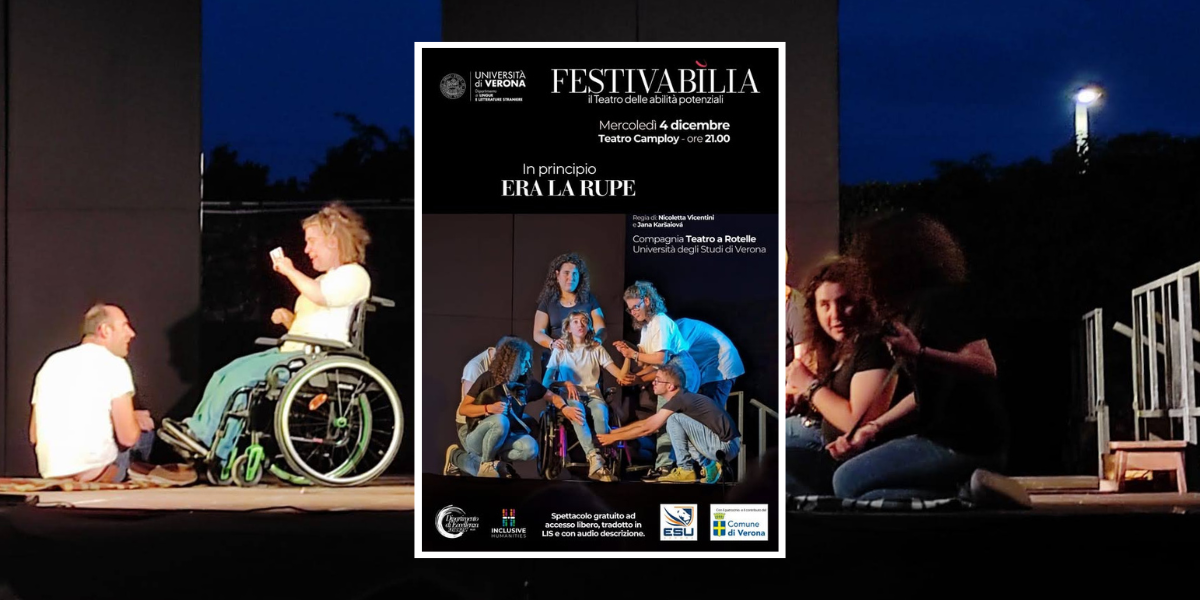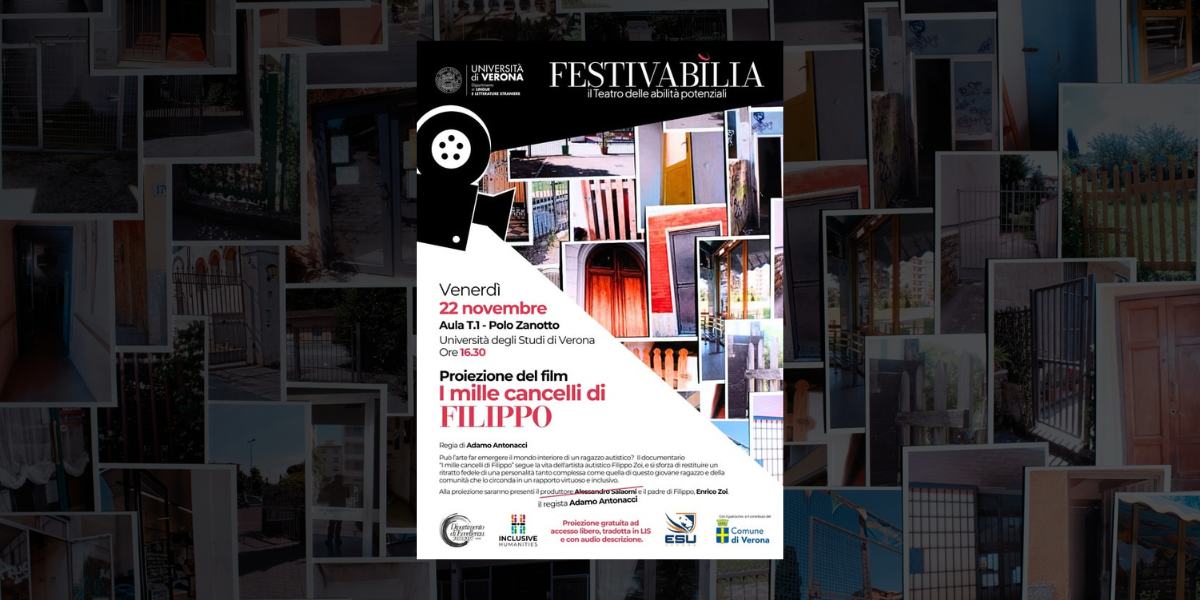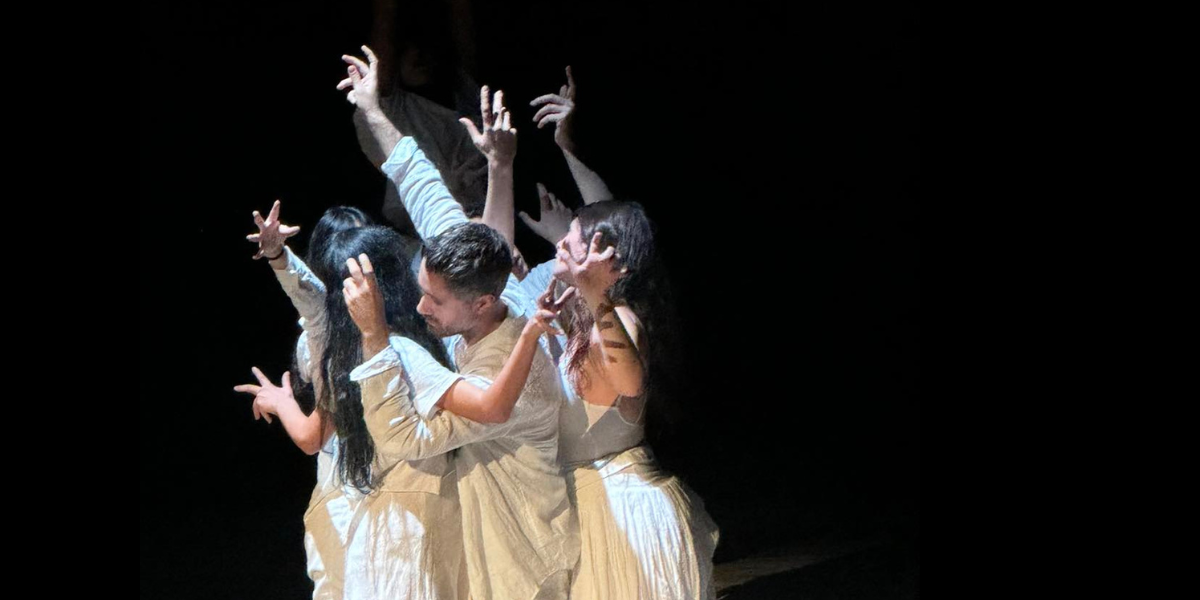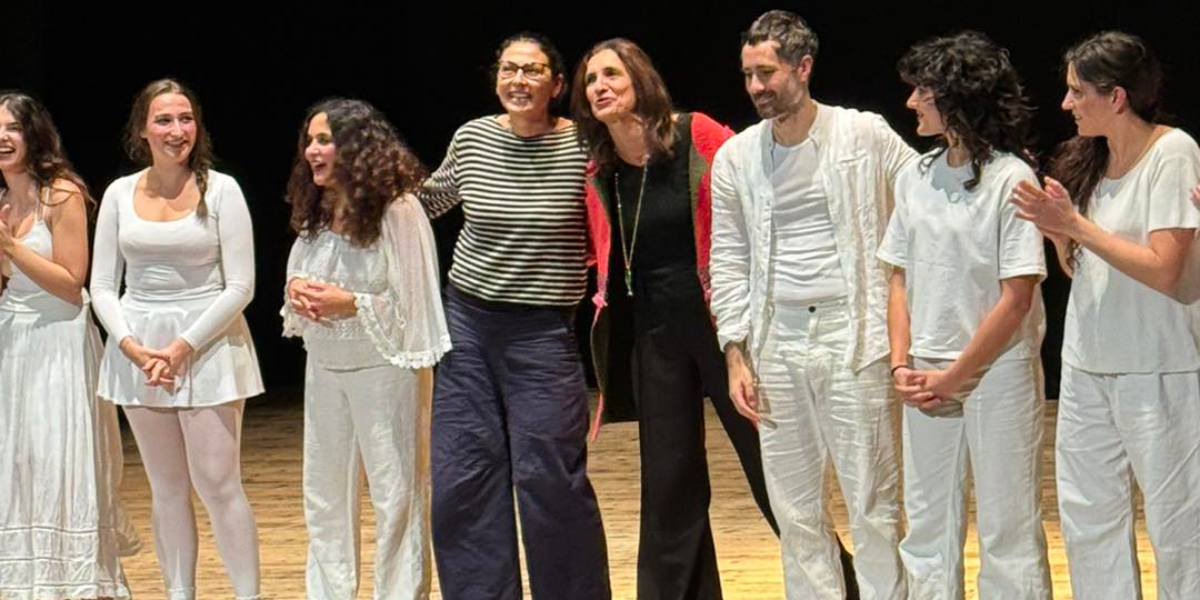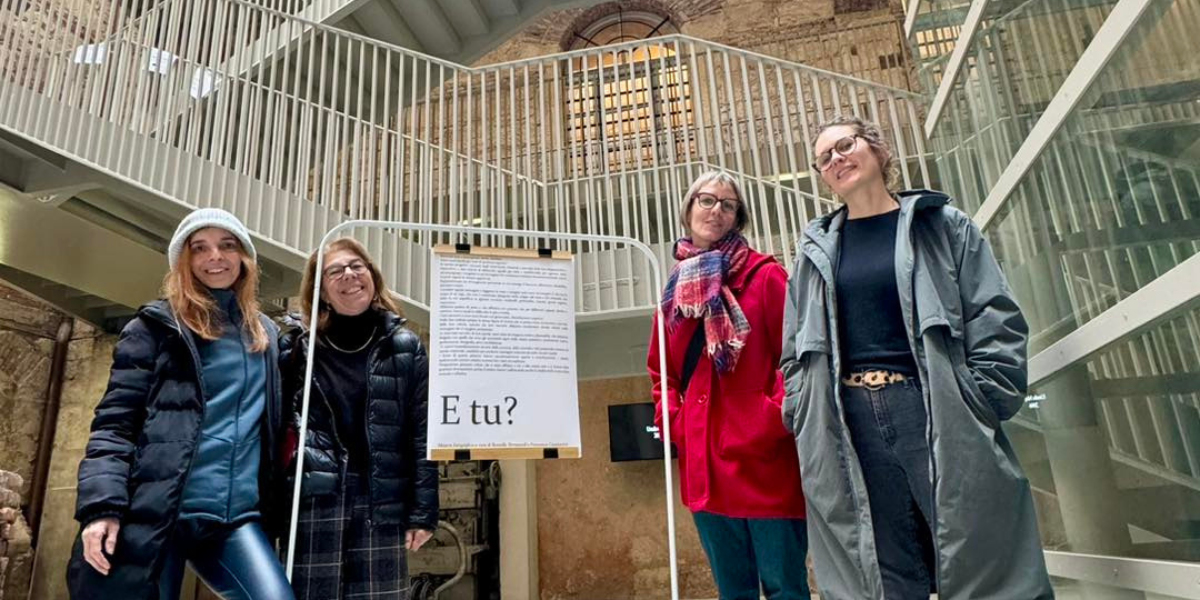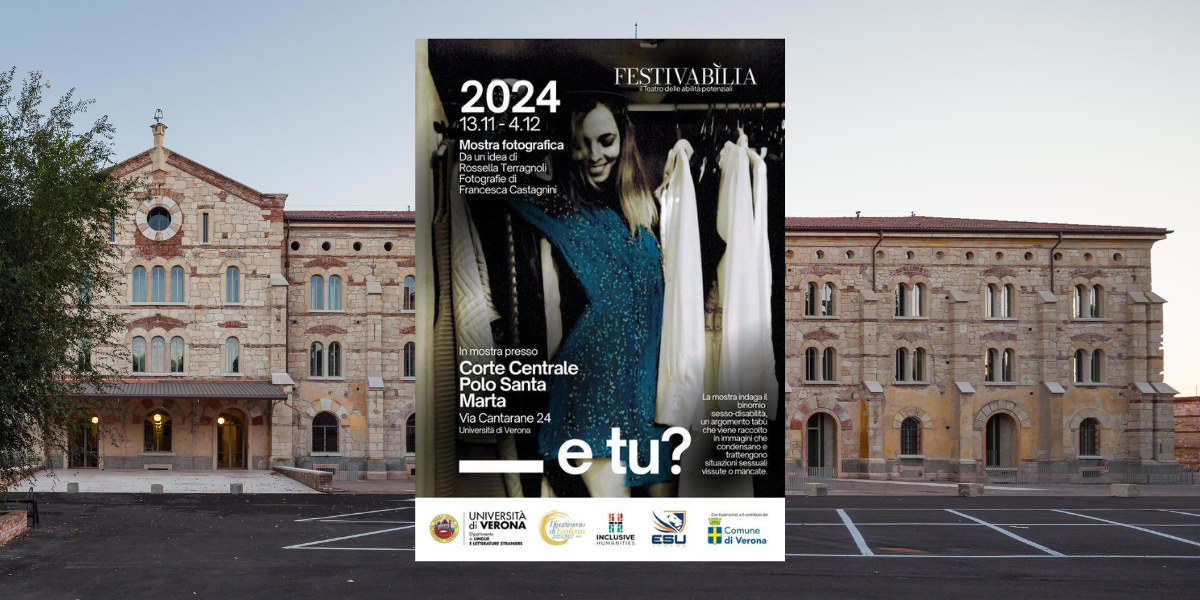This project aims to develop an innovative research pathway to identify a corpus of literary texts that can be used in medical/healthcare training courses to develop empathy and clinical acumen among medical students and medical and healthcare staff. Narrative Medicine emphasises the importance of understanding the patient’s narrative and of developing empathy as a key component of effective medical care. The critical literature on the use of literary texts in medical training courses is promising in this regard. However, the identification of effective literary texts is still lacking. This project will therefore employ a qualitative research approach- using a combination of content analysis and focus group discussions- to identify such a corpus of texts North American and British literature. The study will begin by identifying a list of potential literary texts-excerpts from novels, short stories, poems, graphic novels, and films-based on their relevance to medical themes and their potential to foster the aforementioned empathy and clinical acumen. The identified literary texts will be subjected to content analysis to evaluate their effectiveness in meeting the objectives of the study.
The results of the content analysis will be used to select the final corpus of literary texts. Focus group discussions will be conducted to evaluate the effectiveness of the identified literary texts.
The expected outcome of this research will contribute to the growing literature on Narrative Medicine and Medical Humanities, highlighting the importance of incorporating humanistic approaches in medical training and practice.
Group leader: Chiara Battisti and Sidia Fiorato
Internal members:
- Anja Meyer (assegnista Università di Verona)
External members:
- Emma Aminat Badmus (PhD at Universita’ di Modena)
- Beatrice Melodia Festa (prof.ssa a contratto Università di Verona)
Actions: WP 1.1, WP 1.2
References:
Bleakley, A. (2015). Medical Humanities and Medical Education: How the Medical Humanities.Can Shape Better Doctors. London: Routledge.
Charon, R. Narrative Medicine. New York: Oxford University Press, 2006. Print.Charon, R., & DasGupta, S. (2011). Narrative medicine, or a sense of story, Literature and Medicine, 29(2), vii–xiii. doi: 10.1353/lm.2011.0329
Kemp, S. J., & Day, G. (2014). “Teaching medical humanities in the digital world: affordances of technology-enhanced learning.” Medical Humanities, 40.
Kerasidou, A., Horn, R. “Making space for empathy: supporting doctors in the emotional labour of clinical care” BMC Med Ethics 17, 8 (2016). https://doi.org/10.1186/s12910-016-0091-7

